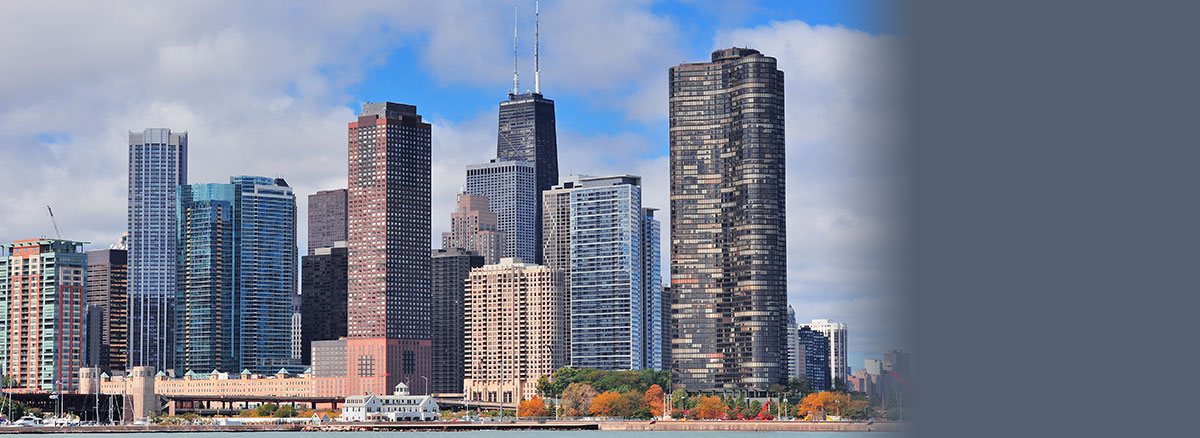
The Role of an Eviction in Defaulted Illinois Contract Sales
When a real estate seller is willing to finance his buyer’s purchase of the property being sold with a relatively small down payment, it is common for the transaction to proceed by what is called a contract sale or an installment contract for deed. Under that form of transaction, the seller does not execute and record a deed when the transaction closes and possession of the property is transferred to the buyer. Instead, the parties execute a document under which the buyer agrees to make payments and to insure and maintain the property and the seller agrees when the seller has been paid as agreed, a deed will eventually be delivered.
When a buyer defaults under the contract, the seller is faced with the problem of how to terminate the contract and get his property back. The contract sale document will provide that after default and upon notice, the contract may be terminated and all prior payments forfeited. However, that does not put the contract seller back into possession of the property.
Restoration of possession requires the use of the Illinois Forcible Entry and Detainer Act, which is contained in the Illinois Code of Civil Procedure (“CCP”). Section 5/9-104.1 of the CCP requires that a demand be served on the buyer giving at least 30 days to satisfy the demand before suit may be filed. The case then proceeds like any other eviction, except that in entry of the eviction judgment, the court may stay the enforcement of the judgment for up to 60 days where more than 75% of the original purchase price remains unpaid but in cases where less than 75% remains unpaid, the Court is required to stay enforcement of the order for 180 days. The court may grant a shorter stay even where than 75% of the original purchase price remains unpaid, if the plaintiff can show that plaintiff had granted previous extensions of the time to pay or for other good cause shown.
Feel free to contact an Illinois attorney experienced in handling all aspects of real estate transactions and litigation at Logan Law, LLC if you have questions about sale of your Chicago area real estate or any other area of the laws governing real estate.
Expiration of Illinois Eviction Judgments
Illinois Eviction judgments can be somewhat ephemeral, in that they become unenforceable 120 days after the judgment is entered. This can become important during Chicago winter months, when the Cook County Sheriff’s eviction backlog grows longer due to the usual year-end Holiday moratorium declared by the Sheriff and due to the fact that evictions are not performed on unusually cold or inclement days.
The period of enforcement of an eviction order which is about to expire or has expired may be extended by motion. However, notice of that motion must be sent to the defendants and must contain specific statutory language found in section 5/9-117 of the Illinois Code of Civil Procedure.
The motion to extend will be granted by the court unless the defendant appears and establishes that the tenancy has been re-instated, that the breach upon which the judgment was based has been cured or waived, that the plaintiff and defendant entered into post-judgment agreement the terms of which the defendant has performed, or that other legal or equitable grounds exist that bar enforcement of the judgment.
Feel free to contact an experienced Illinois landlord eviction law attorney at Logan Law, LLC if you have questions about how to properly serve eviction notices or any other area of the laws governing landlords and tenants.








